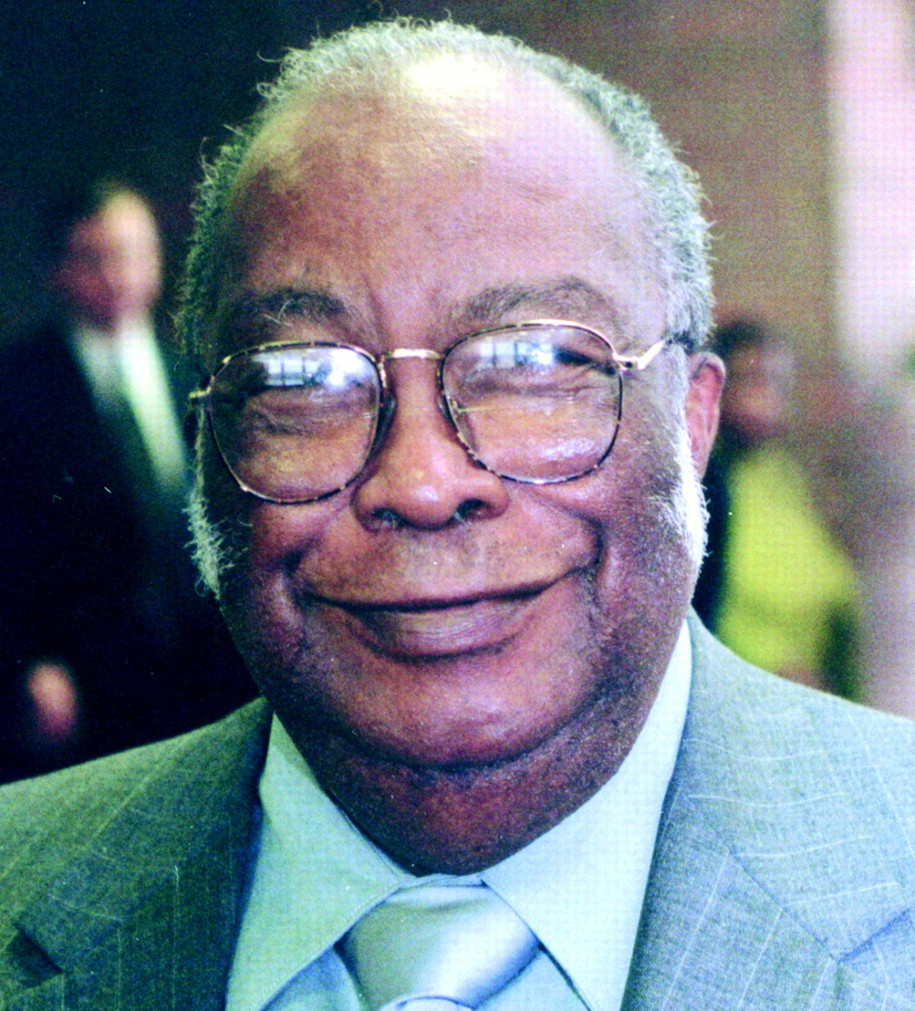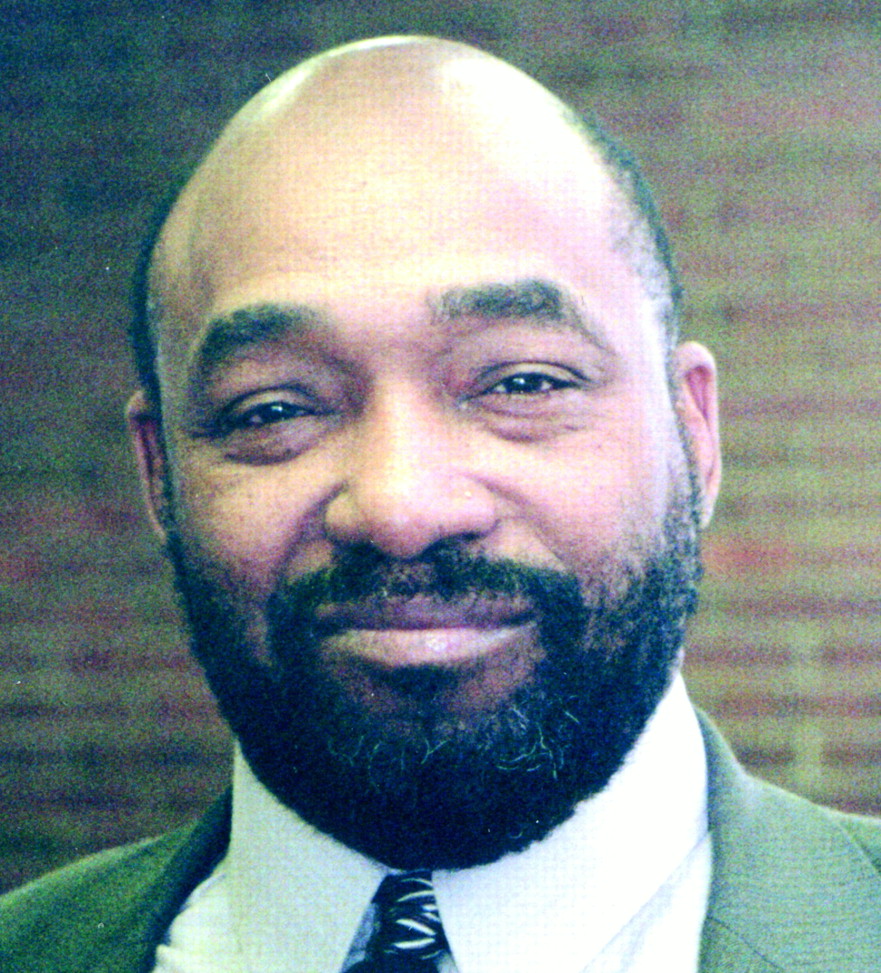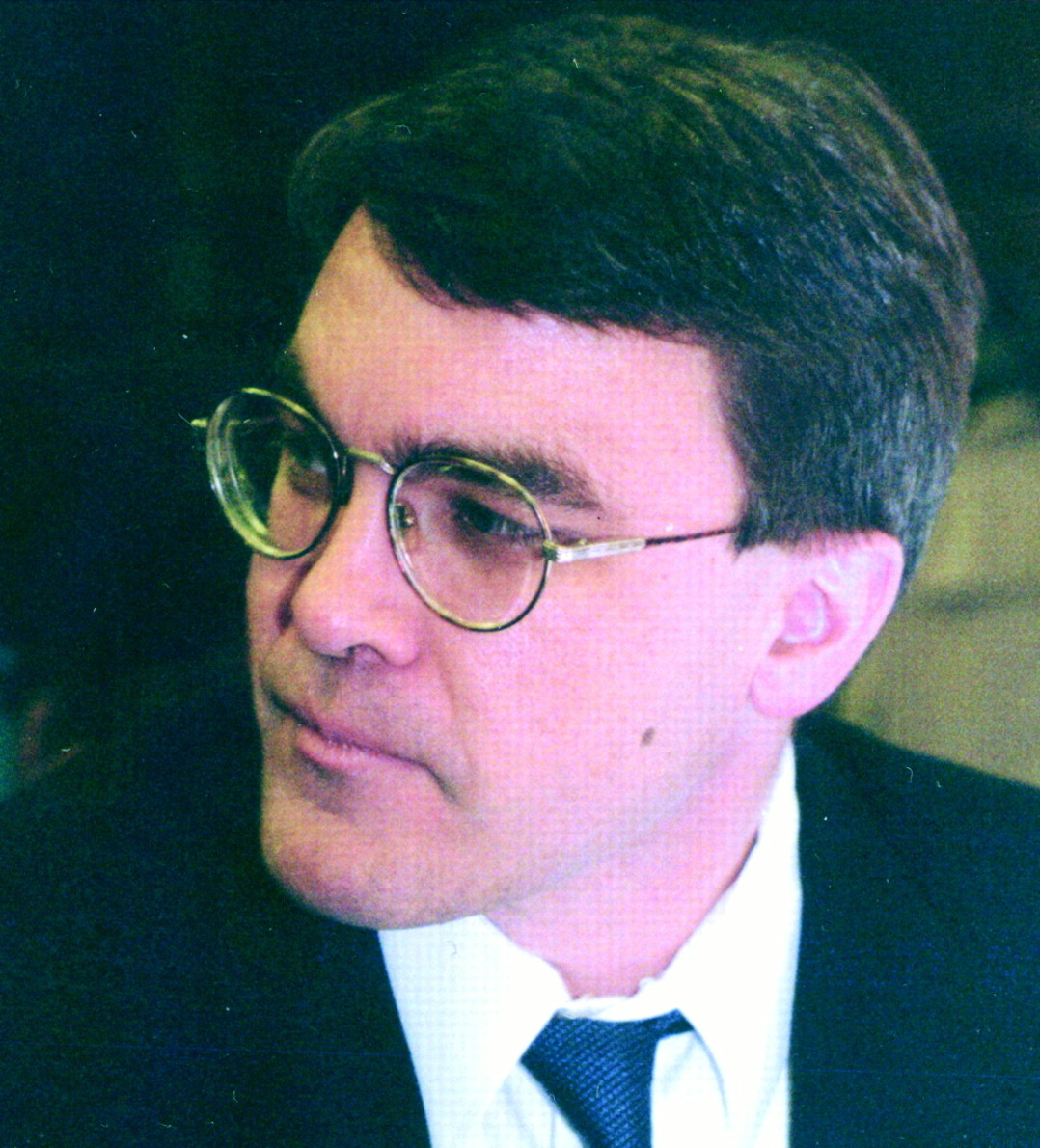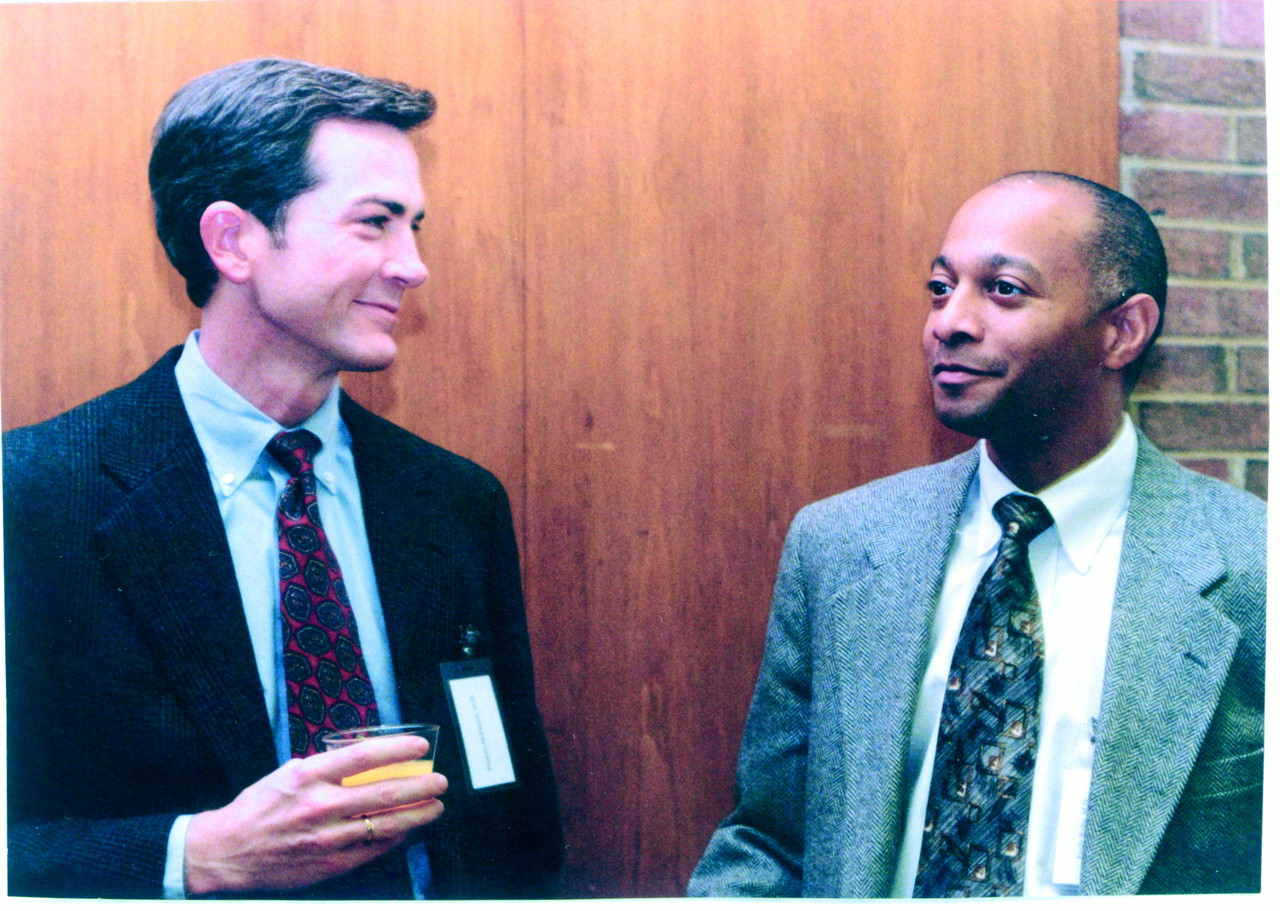Experts at a conference last month at Howard University in Washington, D.C., asked tough questions about mental illness among African Americans.
The conference, titled “The Second Annual Luther D. Robinson, M.D., Symposium on Mental Health—Disparities in Mental Health Access for African Americans,” honored an African-American psychiatrist who is highly regarded in the mental health world and especially for his work with deaf mentally ill patients (
Psychiatric News, October 6, 2000). Robinson attended the conference, along with other distinguished African-American psychiatrists and professionals with a special interest in the mental health needs of African Americans.
One of the major questions addressed at the conference was, How prevalent are various mental disorders among African Americans? Some of the speakers offered valuable insights. For instance, it first looked as though the depression rate for African Americans was higher than that for white Americans. But when the data were adjusted for socioeconomic status, no difference could be found, according to Emile Risby, M.D., an associate professor of psychiatry at Emory University in Atlanta.
Back when William Lawson, M.D., Ph.D., chair of psychiatry at Howard University, was in medical school, medical students were told that doctors rarely see bipolar disorder among African Americans. The reason, it now turns out, is that bipolar disorder is often underdiagnosed or misdiagnosed in African Americans, Lawson said.
As for schizophrenia, it has been diagnosed in African Americans at a higher rate than in white Americans. So does that mean that African Americans are at a greater risk for schizophrenia than white Americans are? Possibly. But Steven Strakowski, M.D., a professor of psychiatry at the University of Cincinnati, believes not. African Americans are often diagnosed with schizophrenia when they really have affective disorders, he argued. A study that he and his colleagues recently conducted on adolescents in Cincinnati bolsters his position.
As for substance abuse, African Americans appear to have less of an alcohol problem than white Americans do, but they appear to engage in a little higher illicit drug use than do white Americans. These findings were presented by H. Westley Clark, M.D., director of the federal Center for Substance Abuse Treatment of the Substance Abuse and Mental Health Services Administration.
The speakers tended to agree, however, that a lot more research needs to be conducted to truly pinpoint the prevalence of various mental disorders among African Americans.
HIV/AIDS Issues
African Americans and Hispanics account for 55 percent of Americans with AIDS, according to Stephen McDaniel, M.D., a professor of psychiatry at Emory University. African Americans and Hispanics between the ages of 13 and 24 represent 70 percent of all new AIDS cases, he added. One study reported on at the conference showed that African Americans receive less treatment for HIV infections than do white Americans, McDaniel pointed out.
Drug Metabolism Different?
A second major question discussed at the conference was whether African Americans metabolize drugs, especially psychotropic drugs, differently from the way in which white Americans do. Many studies have shown that African Americans metabolize lithium differently from the way in which white Americans do, Lawson pointed out. A third of African Americans appear to be slow drug metabolizers, reported David Henderson, M.D., an associate professor of psychiatry at Harvard University in Boston. Thus, they may need a lower dose of a psychotropic drug to get an appropriate response, he said.
Nonetheless, there is still a lot to be learned about African Americans’ reactions to medications, especially to psychotropic medications, speakers tended to concur.
Getting Help
Another predominant question discussed at the conference was whether any special efforts are being made to help African Americans with mental illness or substance abuse problems. The answer was in the affirmative. For instance, the Congressional Black Caucus has contributed money to large cities to improve care for African Americans infected with HIV, McDaniel said.
The Center for Substance Abuse Treatment is trying to educate African-American clergy about mental health and substance abuse problems so that they in turn can help their church members with such problems. In fact, an excellent program where African-American clergy held special mental health sessions for their congregations took place in Baltimore. So reported Darlene Nipper of the National Mental Health Association in Alexandria, Va. Patrice Harris, M.D., a psychiatrist in private practice in Atlanta, a member of the APA Board of Trustees, and chair of the APA Committee of Black Psychiatrists, has been developing relationships with state legislators who are in a position to improve the mental health of African Americans.
“At first I felt that it was unseemly to go down to the state capitol,” she admitted. But she found out that it was worth her efforts. Legislators will listen to psychiatrists if psychiatrists develop a relationship with them, she said.
Still, such efforts aren’t enough. For example, only 10 percent of African Americans with major depression are being treated for it, said Andrew Nierenberg, M.D., an associate professor of psychiatry at Harvard University. This is an enormous problem, he stressed. Even when depressed African Americans seek help, he pointed out, they receive antidepressants less often than do white Americans.
Other Efforts
Besides the Howard University conference, attention is being paid to the mental health needs of African Americans in other quarters. In November President Clinton signed a bill into law that will create a new center within the National Institutes of Health devoted to research on minority mental and physical health. During Fiscal 2001 it will be bankrolled to the tune of $100 million (Psychiatric News, December 15, 2000).
In December APA, along with the National Institute of Mental Health and the National Institute on Aging, cosponsored a conference to address the questions of whether older African Americans have any special predisposition to Alzheimer’s disease, whether they metabolize Alzheimer’s drugs differently from white Americans do, and how more older African Americans can be recruited for Alzheimer’s research (
see page 16). ▪




